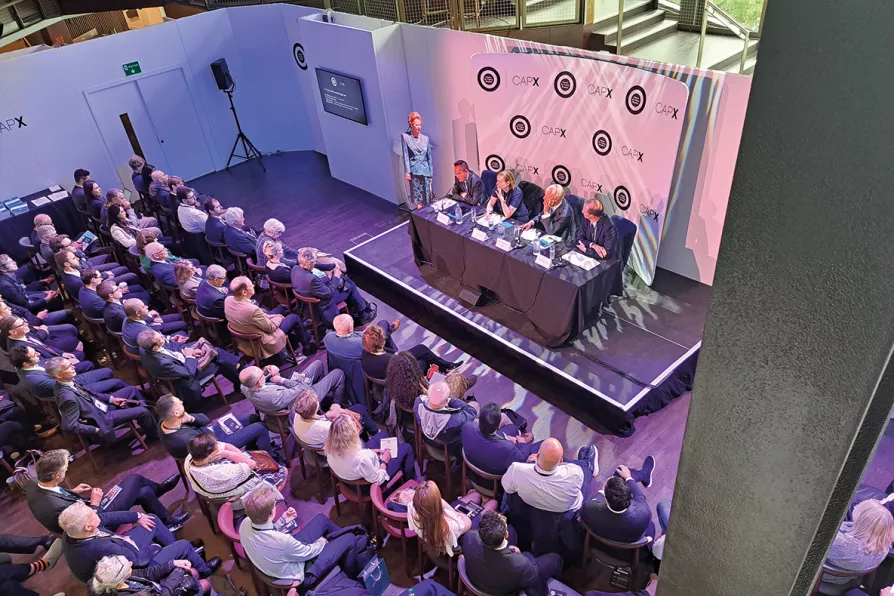Apart from a bright spark of hope in the victory of the Gaza motion, this year’s conference lacked vision and purpose — we need to urgently reconnect Labour with its roots rather than weakly aping the flag-waving right, argues KIM JOHNSON MP

 A cardboard cutout of Thatcher stands on the platform of a Tory conference fringe meeting titled “What would Maggie do.”
A cardboard cutout of Thatcher stands on the platform of a Tory conference fringe meeting titled “What would Maggie do.”
THE Tory government decided to push the self-destruct button right in the middle of its own conference. Normally guaranteed to be the showcase that gets them good headlines, instead Liz Truss and Kwasi Kwarteng engineered a financial crisis before the conference and crowned this with an embarrassing U-turn in the middle of their showcase event.
To get a sense why, I went to a Tory conference fringe meeting organised by the Thatcherite Centre for Policy Studies titled “What would Maggie do.” The short answer for how the Tories screwed themselves is that a life-size cardboard cut-out of Thatcher was put on the platform, as if this lifeless icon could join the debate.
The real-life Thatcher was a tactical fighter for their side, who by a mix of force and guile transferred money and power from working people to big business and the rich. Unable to repeat the trick, the Tories have settled for a cardboard imitation, which is rigid, thin and doesn’t work.

The new angle from private firms shmoozing their way into public contracts was the much-trumpeted arrival of ‘artificial intelligence’ — and no-one seemed to have heard the numerous criticisms of this unproven miracle cure, reports SOLOMON HUGHES

It is rather strange that Labour continues to give prestigious roles to inappropriate, controversy-mired businessmen who are also major Tory donors. What could Labour possibly be hoping to get out of it, asks SOLOMON HUGHES

Keir Starmer’s hiring Tim Allan from Tory-led Strand Partners is another illustration of Labour’s corporate-influence world where party differences matter less than business connections, writes SOLOMON HUGHES

MBDA’s Alabama factory makes components for Boeing’s GBU-39 bombs used to kill civilians in Gaza. Its profits flow through Stevenage to Paris — and it is one of the British government’s favourite firms, reveals SOLOMON HUGHES















